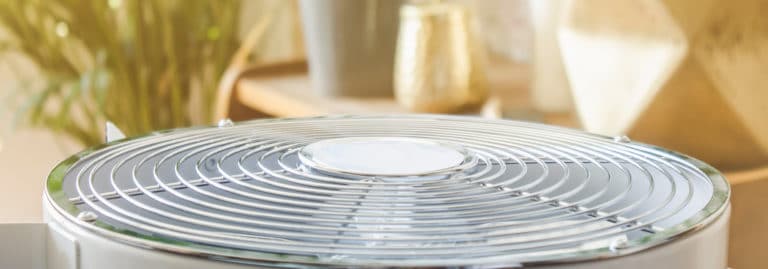How Can UV Light Improve Your Quality of Life?
Can UV Light Improve Your Quality of Life?
Ultraviolet (UV) light is imperceptible to the human eye, yet effects everything we do. If you only know about UV light because of your last sunburn, you might be missing out on some of the surprising and positive applications UV light—specifically, UVC light—can offer.
So, What is UV Light?
To understand what UV light is, we need to zoom out and look at the electromagnetic spectrum. While that might sound intimidating, in reality, the electromagnetic spectrum is simply a way to organize different types of light. The spectrum describes the entire range of light that exists and orders the light from lowest-energy (long wavelengths like radio waves) to highest-energy (short wavelengths like gamma rays for Hulk-ing out.) UV light is sandwiched between visible light and x-ray on the spectrum, meaning its wavelengths are shorter than visible light, and longer than x-ray.
The sun emits nearly all of the natural UV light (UV radiation) on earth and produces three different types—UVA, UVB, and UVC. The reason for the ‘A’ ‘B’ ‘C’ designation is because of each type functioning on a different wavelength. UVA has the longest wavelength while UVC light has the shortest of the three.
Before you start thinking that wavelengths are an arbitrary classification, the type of energy these wavelengths emit is impactful, and UVC’s short wavelengths have a unique benefit—that of a disinfectant.
How Does UVC Work?
UVC light doesn’t penetrate our ozone layer and therefore doesn’t occur naturally. However, ever since the mid-20th century, we have been producing UVC light for the purpose of sanitization.
UVC light sanitizes because it’s short wavelength penetrates and damages bacteria, viruses, and other pathogens on a cellular level. This damage directly affects the DNA of these organisms, irreparably cutting their DNA chains and making it impossible for them to replicate. This process is devoid of chemicals and can therefore neutralize even antibiotic-resistant bacteria. Hospitals and labs have been using UVC light to keep environments sterile for years, and germicidal lamps that utilize UVC light are now widely available.
8 Benefits of Germicidal UV Light
- Controls odors
- Reduces volatile organic compounds (VOCs)
- Kills bacteria
- Reduces cold and flu viruses
- Reduces microbial activity on surfaces
- Improves water quality
- Reduces drain clogging
- Disinfects pools and spas
Basically, germicidal lights keep your surfaces, air, and water cleaner with just the flick of a switch. Because this process is not dependent on chemicals, germicidal lights are often even cheaper and easier to maintain in the long run than other solutions.
UV light is often looked at through the lens of UVA/UVB’s harmful effect on humans, so it is natural to be curious about any negative impacts UVC light might have. In fact, as long as germicidal lights are installed and used properly there is no evidence of lasting ill effects. However, prolonged and direct eye contact has been shown to cause superficial irritation and discomfort, so always use your lights as directed.
Purchasing a germicidal light for your home or business means taking charge of the air quality in your indoor spaces. And a germicidal light working in conjunction with a quality air filtration system will help you breathe easier, knowing that your air quality, as well as your own quality of life, is on the rise.
Need Indoor Air Quality? Talk to your air conditioning repair experts at Airrific Air Conditioning & Heating today! Call (941) 371-3355.






